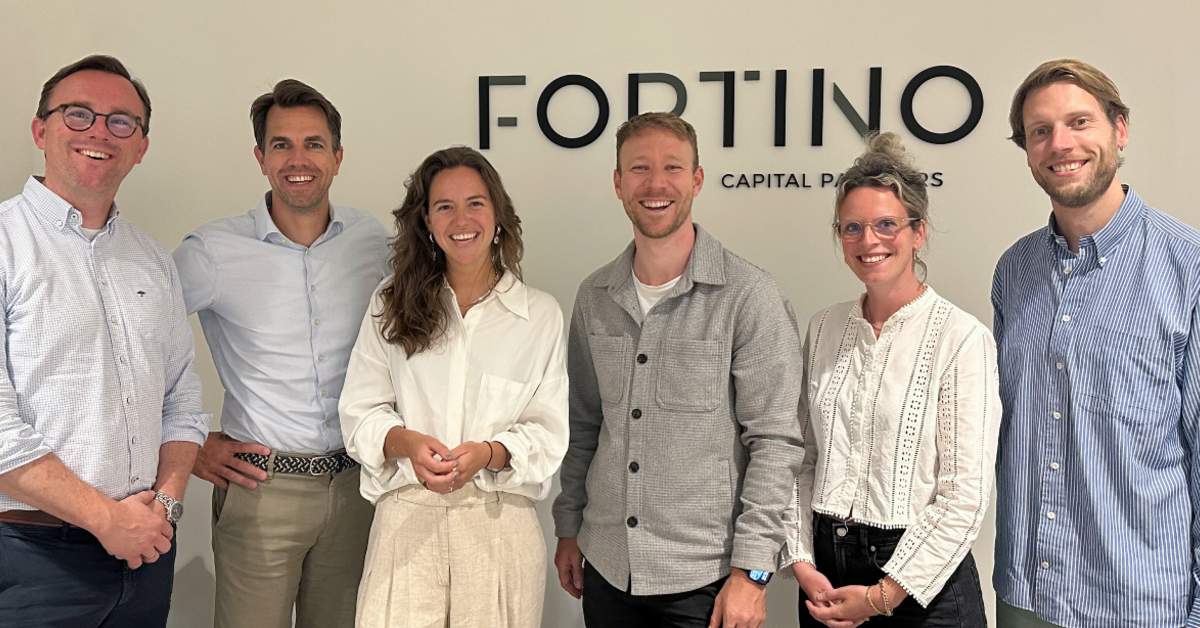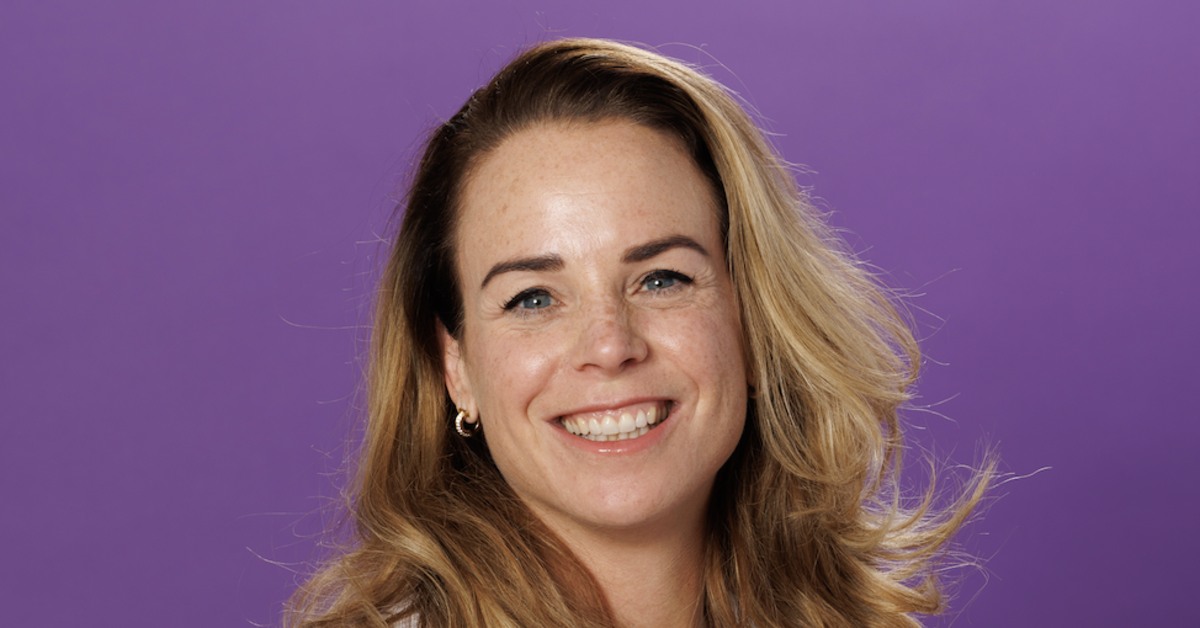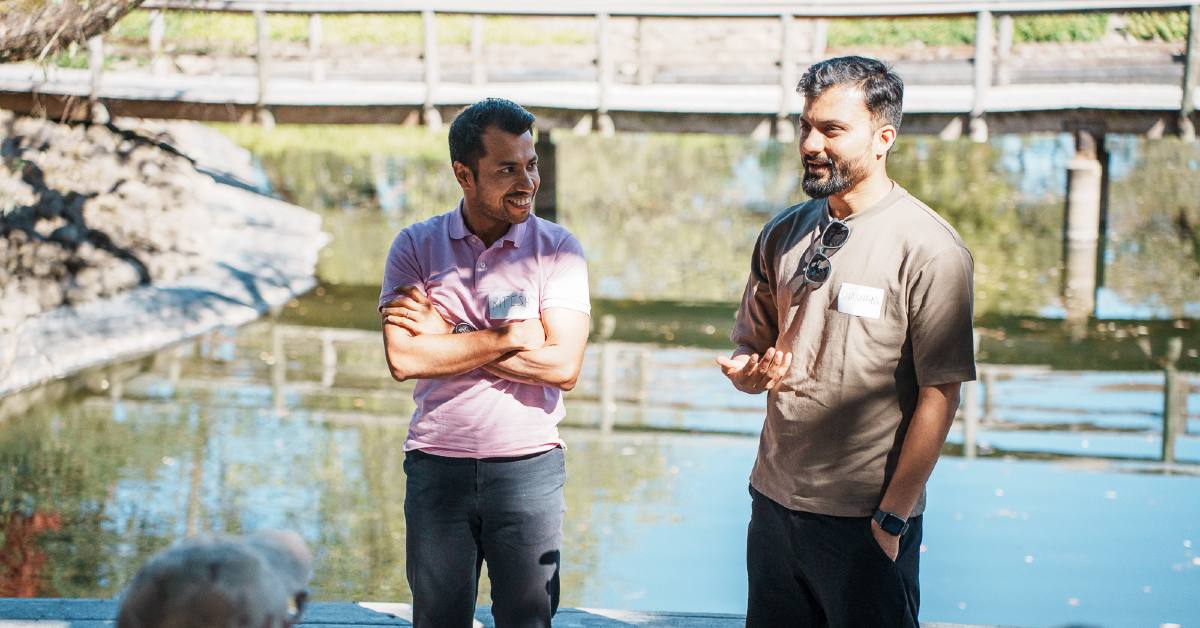Amsterdam-based Crisp, an app-only supermarket focused on ultra-fresh food, announced on Monday that it has acquired local meal box supplier De Krat to bring better food to the masses.
Tessa Venker, Director of De Krat, says, “It is important that we can trust the food that we eat. Consumers are increasingly looking for local and sustainable produce, meaning food that’s in-season and produced by trusted Dutch farmers. With that shared philosophy, we saw a perfect match and a logical accelerator in Crisp. With its logistical resources and digital expertise, an even larger group of people can now enjoy better food. Together, we make the most impact.”
About De Krat
Founded in 2010 by Eefje Brugman, De Krat claims to provide the Netherlands’ first meal box service. Every week, the company creates brand-new meal boxes packed with organic food. Its seasonal products, which are locally farmed with respect for people, animals, and the environment, offer simple recipes for everyday cooking or elaborate weekend cooking.
De Krat says it is a profitable family business and has been B Corp certified since 2015. With this acquisition, Crisp will absorb all of De Krat’s employees.
Aim of the acquisition
Crisp and De Krat claim to have a business synergy in terms of the product and proposal as well as the organisational structure.
According to Crisp, this deal has helped them expand the range of premium convenience food alternatives for its clients. This means customers can choose a flexible meal box subscription with pre-portioned premium ingredients and recipes in addition to fresh daily groceries, a variety of delectable recipes, and handcrafted ready-to-eat meals. The service will begin in February.
Customers of De Krat have had the option to add items from Crisp to their baskets since the start of this year. In the coming future, Crisp’s software and logistics will be leveraged to expand De Krat’s product offerings. “All recipe and meal box preparation expertise will be further integrated within Crisp’s infrastructure. Full brand and supply chain integration will take place in the spring,” says Crisp in a statement.
The meal boxes are available in different variants starting at €44 for 2 persons.
Eric Klaassen, co-founder of Crisp, tells Silicon Canals, “The acquisition of De Krat also allows us to serve customers better in all their daily food needs. In the Netherlands alone, more than 1.5 million people are already using a meal-kit solution every year. Crisp & De Krat can jointly further tap into the large meal kit market – a market of at least €250M in Benelux.”
In September 2022, the Amsterdam-based company acquired local supplier De Eetfabriek, through which Crisp offers freshly prepared, ready-to-eat meals from its own kitchen. With its acquisition of De Krat, the company has now added more convenience options.
“We combine the offering of a full-fledged supermarket with a flexible meal box subscription. This allows you to organise all of your nutritional necessities in one place,” says Klaassen.
He further adds, “Biggest advantage is that you no longer have to think about your meal planning. But it also provides more grip on your personal spending – with the security of a fixed budget per week – in times when this is becoming increasingly important for everyone. As a meal box user, you now have an assortment of an entire supermarket at your disposal. And vice versa, with your grocery shopping you can add the option to always have all ingredients delivered at home for your weeknight meals.”
“For the love of good food”
Launched in November 2018 by Tom Peeters, Michiel Roodenburg and Eric Klaassen, Crisp aims to make better food accessible for everyone.
The service distributes groceries throughout the Netherlands and Belgium seven days a week. Orders placed through the app before 10 PM get delivered the next day. Products from more than 800 local farmers and food providers are included in the assortment.
Crisp claims that it has had exponential growth since it entered the Belgian market in June 2021. The company distributes using its own fleet of cars in both the Netherlands and Belgium, and is fast converting to 100 per cent electric delivery. Its total product range has also grown 36 per cent in 2022, driven in part by the launch of the first range of non-food related items.










01
From telecom veteran to Dutch Startup Visa success: The Jignesh Dave story